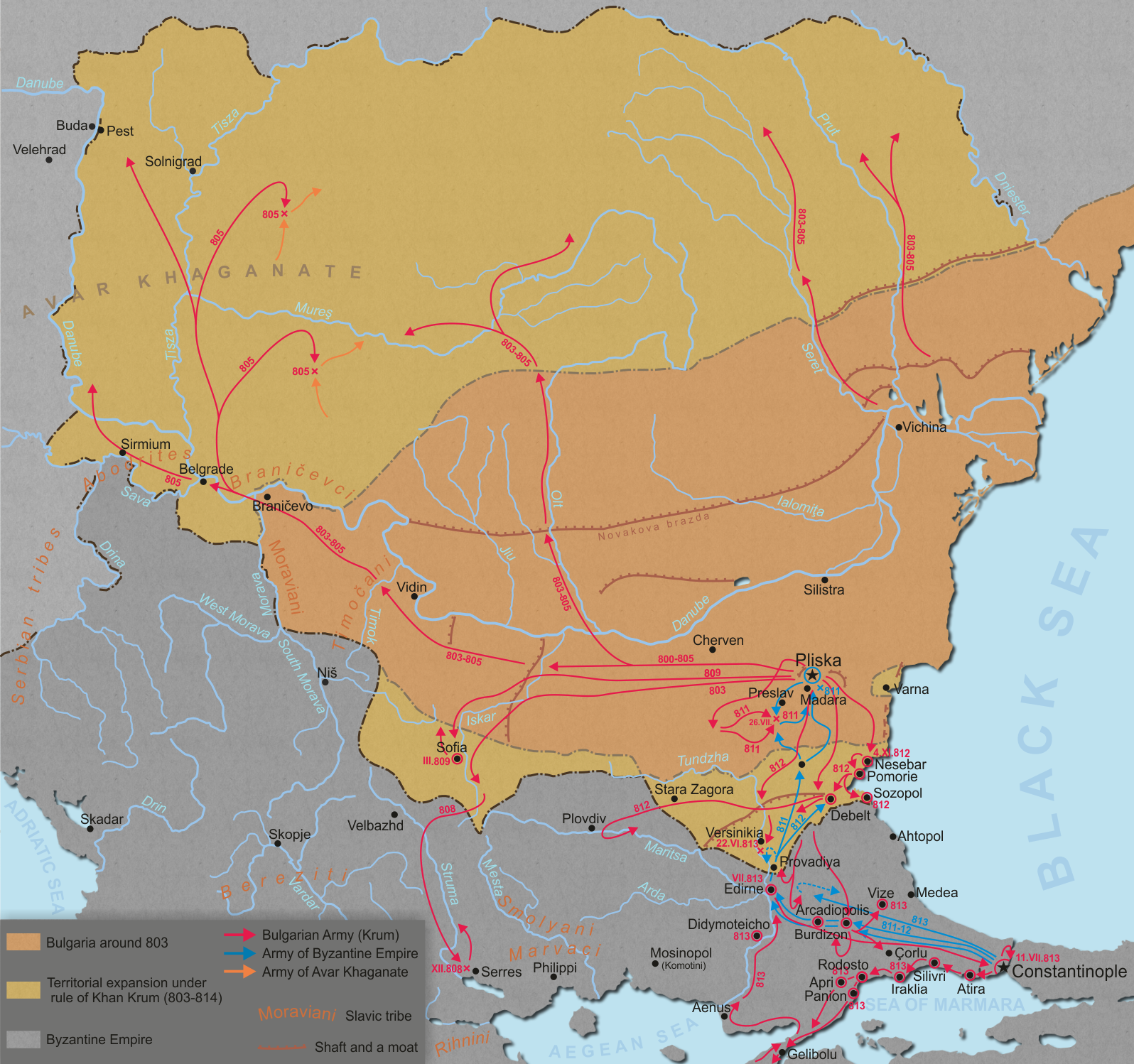Braničevci on:
[Wikipedia]
[Google]
[Amazon]
 The Braničevci (also Branichevci or Branichevtsi; sr-cyr, Браничевци) were a South Slavic tribe that inhabited the region of Braničevo, in what is today Serbia, during the Middle Ages.
Initially subjects of the Pannonian Avars with the arrival of the
The Braničevci (also Branichevci or Branichevtsi; sr-cyr, Браничевци) were a South Slavic tribe that inhabited the region of Braničevo, in what is today Serbia, during the Middle Ages.
Initially subjects of the Pannonian Avars with the arrival of the
 The Braničevci (also Branichevci or Branichevtsi; sr-cyr, Браничевци) were a South Slavic tribe that inhabited the region of Braničevo, in what is today Serbia, during the Middle Ages.
Initially subjects of the Pannonian Avars with the arrival of the
The Braničevci (also Branichevci or Branichevtsi; sr-cyr, Браничевци) were a South Slavic tribe that inhabited the region of Braničevo, in what is today Serbia, during the Middle Ages.
Initially subjects of the Pannonian Avars with the arrival of the Bulgars
The Bulgars (also Bulghars, Bulgari, Bolgars, Bolghars, Bolgari, Proto-Bulgarians) were Turkic semi-nomadic warrior tribes that flourished in the Pontic–Caspian steppe and the Volga region during the 7th century. They became known as nomad ...
came under Bulgarian control in the late 7th century, but for a good period of time between the mid-8th and early 9th century local Slavs lived in anarchy until around 805 when the area was reconquered and reimposed control by the First Bulgarian Empire
The First Bulgarian Empire ( cu, блъгарьско цѣсарьствиѥ, blagarysko tsesarystviye; bg, Първо българско царство) was a medieval Bulgar- Slavic and later Bulgarian state that existed in Southeastern Europ ...
Khan Krum defeating in the process the remains of the Avar Khaganate
The Pannonian Avars () were an alliance of several groups of Eurasian nomads of various origins. The peoples were also known as the Obri in chronicles of Rus, the Abaroi or Varchonitai ( el, Βαρχονίτες, Varchonítes), or Pseudo-Avars ...
. The annexed territories would serve as a frontier to Franks who also exerted control in Lower Pannonia.
In 818 during the rule of Omurtag (814-836) Braničevci, together with other tribes of Timočani and Abodrites of the Northwestern Bulgarian frontier, revolted because of administrative reform of centralization started by Krum and continued by Omurtag that deprived them of much of their local authority, increased their tribute and conscription, inciting them to desertion and ask protection from the Frankish ruler Louis the Pious. The area would be of a dispute between the Franks and Bulgars as Omurtag sent embassies in 824 and 826 seeking to settle the border dispute, but was neglected. They were eventually reconquered in 827 when Omurtag militarily advanced and imposed new local Bulgarian chieftains meeting little resistance.
Some researchers connect them to the Praedenecenti Praedenecenti was an early medieval Slavic tribe, mentioned only in the ''Royal Frankish Annals'' in 822 and 824. They lived in the buffer zone between the Carolingian and Bulgarian empires. The ''Royal Frankish Annals'' associated them with the Ab ...
mentioned in the '' Royal Frankish Annals'' in 822–824. The Arab geographer al-Masʿūdī
Al-Mas'udi ( ar, أَبُو ٱلْحَسَن عَلِيّ ٱبْن ٱلْحُسَيْن ٱبْن عَلِيّ ٱلْمَسْعُودِيّ, '; –956) was an Historiography of early Islam, Arab historian, geographer and Explorer, traveler. He is ...
possibly mention them as ''Barānījābīn'' in a list of Slavic tribes after the Moravians
Moravians ( cs, Moravané or colloquially , outdated ) are a West Slavic ethnographic group from the Moravia region of the Czech Republic, who speak the Moravian dialects of Czech or Common Czech or a mixed form of both. Along with the Silesi ...
(''Murāwa''), Croats (''Kharwātīn''), Saxons or Czechs (''Sāsīn'') and Kashubians or Guduscani (''Khashānīn'').
References
{{DEFAULTSORT:Branicevci South Slavic tribes 9th century in Serbia First Bulgarian Empire